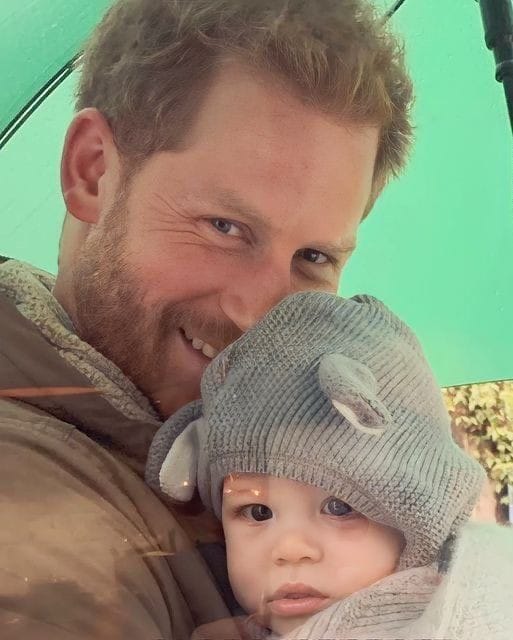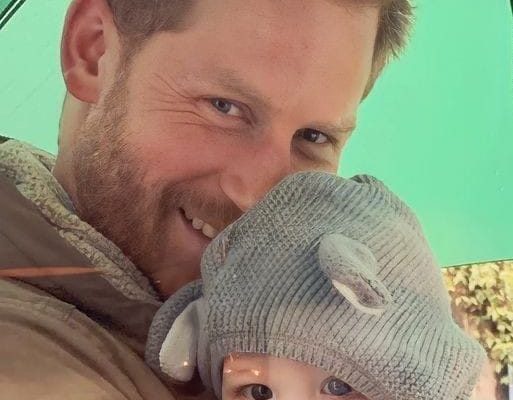In a recent and deeply personal revelation, Prince Harry addressed the world with an emotional confession about his son, Archie. The statement, “I know Archie isn’t my biological son, but I love this boy because…” has sparked widespread discussion and intrigue, shedding light on the profound love and commitment he feels towards his family.
:max_bytes(150000):strip_icc():focal(734x229:736x231):format(webp)/king-charles-prince-archie-050723-b62990c0055e4e6caf7d6204f65a9f4c.jpg)
Prince Harry’s words have not only captured public attention but also offer a poignant reflection on what it means to be a parent. By openly acknowledging that Archie is not his biological child, Harry challenges the conventional notions of parenthood and emphasizes that love transcends biological connections. This revelation is particularly striking in the context of the royal family, where personal matters are often shrouded in secrecy.

In his heartfelt declaration, Harry expressed that his love for Archie is rooted in emotional bonds rather than genetics. He shared that from the moment he met Archie, he felt an overwhelming sense of responsibility and affection. For Harry, the essence of fatherhood lies in nurturing, supporting, and cherishing his child, regardless of biological ties. This perspective highlights the importance of the relationships we build and the roles we play in the lives of those we care about.
:max_bytes(150000):strip_icc():focal(749x0:751x2):format(webp)/harry-meghan-netflix-documentary-121522-92-f939a5331c774a5f9195e3254a987eb1.jpg)
Harry’s statement also underscores the evolving nature of family dynamics in modern society. As traditional family structures continue to change, his openness serves as a powerful reminder that love and commitment are the cornerstones of family life. The emphasis is placed on emotional connection and the daily acts of love and care that define meaningful relationships.
Moreover, Harry’s revelation invites reflection on the broader implications of family and identity. It challenges the audience to reconsider their own perceptions of parenthood and to recognize the diverse ways in which families come together. By sharing his personal experience, Harry encourages others to value the emotional bonds they share with loved ones, irrespective of biological connections.
